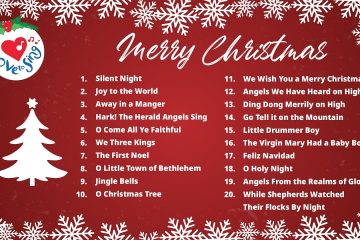Exploring The Piano Channel 4 in Contemporary Music Broadcasting

Introduction
The recent debut of The Piano Channel 4 in the UK marks a significant development in the landscape of music broadcasting. As digital media evolves, new platforms are necessary to capture diverse musical tastes and promote a culture of creativity. The Piano Channel 4 seeks to fulfil this gap, focusing primarily on classical and modern piano music.
What Is The Piano Channel 4?
The Piano Channel 4 is a free-to-air television channel that aims to showcase a wide variety of piano music, from classical performances to contemporary compositions. It features both renowned pianists and up-and-coming talents, offering a platform for different musical expressions. The channel offers a unique blend of live performances, music documentaries, educational programmes, and viewing guides for novices eager to learn about playing the piano.
Key Features and Content
The new channel stands out due to its commitment to high-quality video production and the philosophical idea of building a community around piano music. Programme highlights include:
- Live Performances: Regularly scheduled performances from noted musicians ensure viewers experience the best of piano talent from around the globe.
- Documentaries: In-depth stories about legendary pianists and the history of piano music enrich the viewers’ understanding and appreciation.
- Educational Segments: Features aimed at both beginners and seasoned players, offering tips and methodologies to enhance playing skills.
- Audience Interaction: Viewers are encouraged to share their own piano covers and compositions, fostering a sense of community and creativity.
Significance for Music Lovers
The launch of The Piano Channel 4 arrives at a time when the popularity of piano music continues to grow. As reported by the British Phonographic Industry (BPI), classical and instrumental music sales have seen a rise in recent years, reflecting an increasing demand for this genre. This channel not only caters to long-time piano enthusiasts but also aims to attract younger audiences, making music more accessible and relatable.
Conclusion
As The Piano Channel 4 navigates its inaugural months, its success will depend on how well it engages with audiences and adapts its programming to reflect their interests and preferences. In an age where streaming services dominate, niche channels like this can carve a unique space in music broadcasting, potentially leading to new innovations in how audiences discover and enjoy piano music. Music lovers and aspiring pianists alike are encouraged to explore this new offering, which may well become an essential component of their musical journey.









